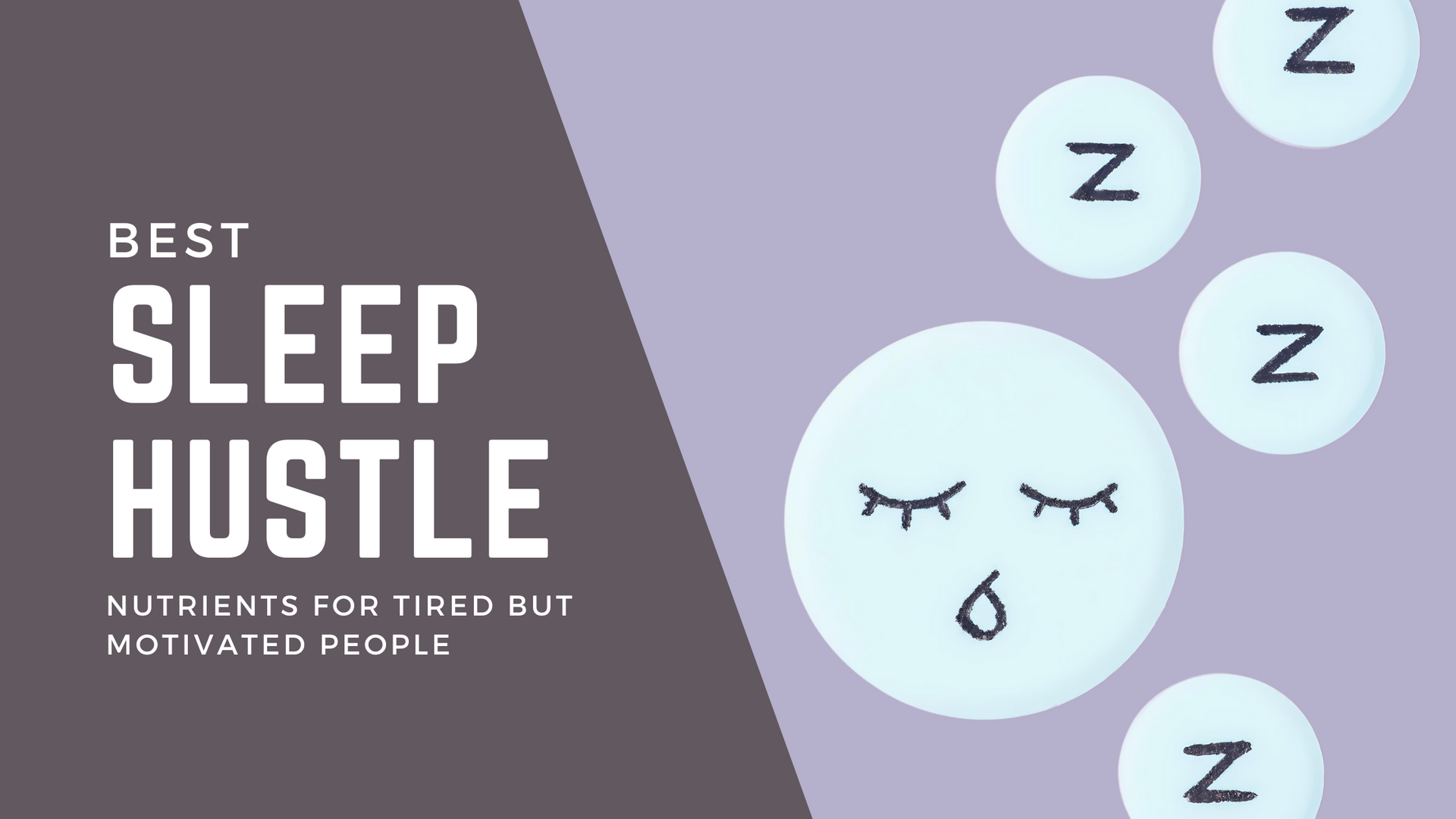Dr. Julia St. Clair is a Naturopathic Doctor running a private practice, Simply Refined Health in sunny Gilbert, AZ. Her goal is to simplify the process and help you refine your treatment options to what works for you along your healing journey. Dr. St. Clair enjoys cooking, yoga, spending time with her husband, and participating in church activities. She always wants to provide relevant information that you are interested in, so if you want to hear about a certain topic feel free to reach out with your topic or questions!
Supporting your Nervous System during the Grieving Process
Grief comes in many ways. It can be part of a long drawn out illness, the loss of a loved one, the loss of the way life was, and the way you thought life was going to be in the future. No one ever looks forward to the sudden changes in life that bring on the grieving process, however, we will all feel it as part of the human experience.
During times of grief, your body experiences an increased amount of stress. One of the systems that takes a large portion of the load for the response is the nervous system. The body is put into sympathetic mode, which is our “fight or flight” response to the world around us. Our body has realized that things around us didn’t quite go as expected and believes it is going to need a lot of energy to overcome the change. This energy comes from Epinephrine, norepinephrine, and cortisol which are hormones produced by the adrenal glands. Epinephrine and norepinephrine are released more short term after the initial grief process has begun, and cortisol will be the hormone that is released more long term. These hormones will heighten awareness, allow a person to make hard decisions in times of difficulty, and numb emotions such as sadness, regret, depression, and anxiety in order to be able to cope with the difficulty of the situation. This a good and healthy response in the short term, and this often creates the symptoms of grief that most are familiar with.
- Lack of appetite
- Stomach pains
- Change in sleep patterns
- Headaches
- Chest pain or heart palpitations
- Sore muscles
- Fatigue
If the increased sympathetic response goes on long term, we begin to see the negative effects in the body which will begin to affect every organ system including the heart, digestive tract, kidneys, liver, immune system, etc. Due to this, we must develop good coping skills and give the body what it needs to help support the nervous system, allowing your body to enter the parasympathetic mode or the “rest and digest” state. This is the state that allows our body to relax and heal, promotes digestion and nutrient absorption from our food, and where we will actually be able to process emotions that come from the grief. Because of this, I want to give you a few tips that naturopathic medicine can offer that will help support your nervous system and promote the parasympathetic state to help you heal and process through your grief more effectively.
Coping mechanisms
1. Alternate Nostril Breathing – Becoming aware of your breath is a great grounding technique to use to bring you back into the present moment. Racing thoughts, irritability, fear of the future, feeling “spacy” and lack of concentration, or your body feeling anxious without thinking about anything in particular are all examples of your body or brain not being in the present moment.
- To practice alternate nostril breathing:
- Sit in a comfortable position with your legs crossed.
- Place your left hand on your left knee.
- Lift your right hand up toward your nose.
- Exhale completely and then use your right thumb to close your right nostril.
- Inhale through your left nostril and then close the left nostril with your fingers.
- Open the right nostril and exhale through this side.
- Inhale through the right nostril and then close this nostril.
- Open the left nostril and exhale through the left side.
- This is one cycle.
- Continue for up to 5 minutes.
- Always complete the practice by finishing with an exhale on the left side.
2. Journaling – This is an excellent tool to use in order to process emotions and say the things that you really want to say that you don’t feel like someone would understand. Processing anger, sadness, and guilt often require you to finish a process with someone. And if this process is not possible because of loss or simply because of relationship preservation, some people can find closure by simply writing down everything that they want to say on a piece of paper and burning it. Simply releasing the real thoughts and the real emotions from the mind and body can provide immense relief the effects that the emotions are having on the body.
3. Walking with meditation – A study showed that walking at a low-intensity while focusing on footsteps and counting “one, two, one, two…” with each step while visualizing the numbers in the mind resulted in dramatic decreases in stress and anxiety as well as increased positive emotions and decreased negative emotions. This can help boost the parasympathetic mode to help make the emotions manageable in the grief process.
Nutrient and supplement tips for supporting the nervous system
1. Complex Carbohydrates – Your nervous system uses a sugar called glucose as its energy source to operate. It is important to give the nervous system what it needs during times of increased demand, such as in the time of grief. Good sources of sustained glucose release are complex carbohydrates including:
- brown rice
- quinoa
- beans
- lentils
- potatoes
- fruits
- vegetables
2. Avoid Caffeine and stimulants, simple sugars – These can cause your adrenals to produce more of the stress hormones causing additional stress to your already taxed out body. Avoiding these things promotes your body’s ability to enter the parasympathetic mode that we want. Things to avoid include the following:
- Coffee
- White sugar and baked goods
- All breads
- High fructose corn syrup
- Most junk foods
3. Vitamin C – This is a nutrient that is important for supporting your adrenal glands which are being worked hard during the grieving process. It can also help boost your immune system, which can suppressed in times of extreme stress.
4. B complex – Another great support for the adrenal glands and helps support the increase of the body processes during times of stress. This can help contribute to increased energy.
5. Magnesium – During times of stress, increased demand from your body uses up magnesium and your levels can get low very quickly. Supplementing this vital mineral can prevent insufficiencies from happening.
6. Ashwagandha – Ashwagandha is an adaptogenic herb which helps support the body in times of stress. It is a very subtle effect and by taking herbs such as ashwagandha, you can start to feel your body increase in its ability to respond to stresses around it. They are effective at balancing your stress hormones to help bring balance to the body between the sympathetic and parasympathetic nervous system. This can look like less foggy brain, more energy, less irritability. You can find Ashwagandha in the form of teas, tinctures, and supplement capsules.
7. Rhodiola – Another adaptogenic herb is Rhodiola. It is great for fatigue and exhaustion, decreased brain function, and mood changes that are commonly seen in grief. Tea and supplement capsules are common ways to find this herb.
8. Acupuncture – Acupuncture is a very personalized way of being able to address any imbalances that may be happening in the body. Not only does it address the physical symptoms that you may be having, but can also help with the emotions as well. I must warn you that it will release emotions and you must be ready to process the motions that will come up on the treatment table (it is not uncommon for people to laugh or cry while having the needles inserted) or between treatments. That being said, acupuncture is deeply effective, and you will see improvements in your body ailments and emotions.
These are just a few of the ways that naturopathic medicine can help manage grief. If you have been experiencing grief and would like to receive personalized treatments, please contact your local Naturopathic Doctor who has many tools in their tool belt to be able to assist you.
Resources
https://www.psychguides.com/guides/grief-symptoms-causes-and-effects/
https://www.healthline.com/health/alternate-nostril-breathing#how-to
https://www.prevention.com/fitness/a20464383/reduce-stress-with-walking-exercise/
https://blog.bulletproof.com/hack-your-stress-and-sex-with-these-7-adaptogens/








